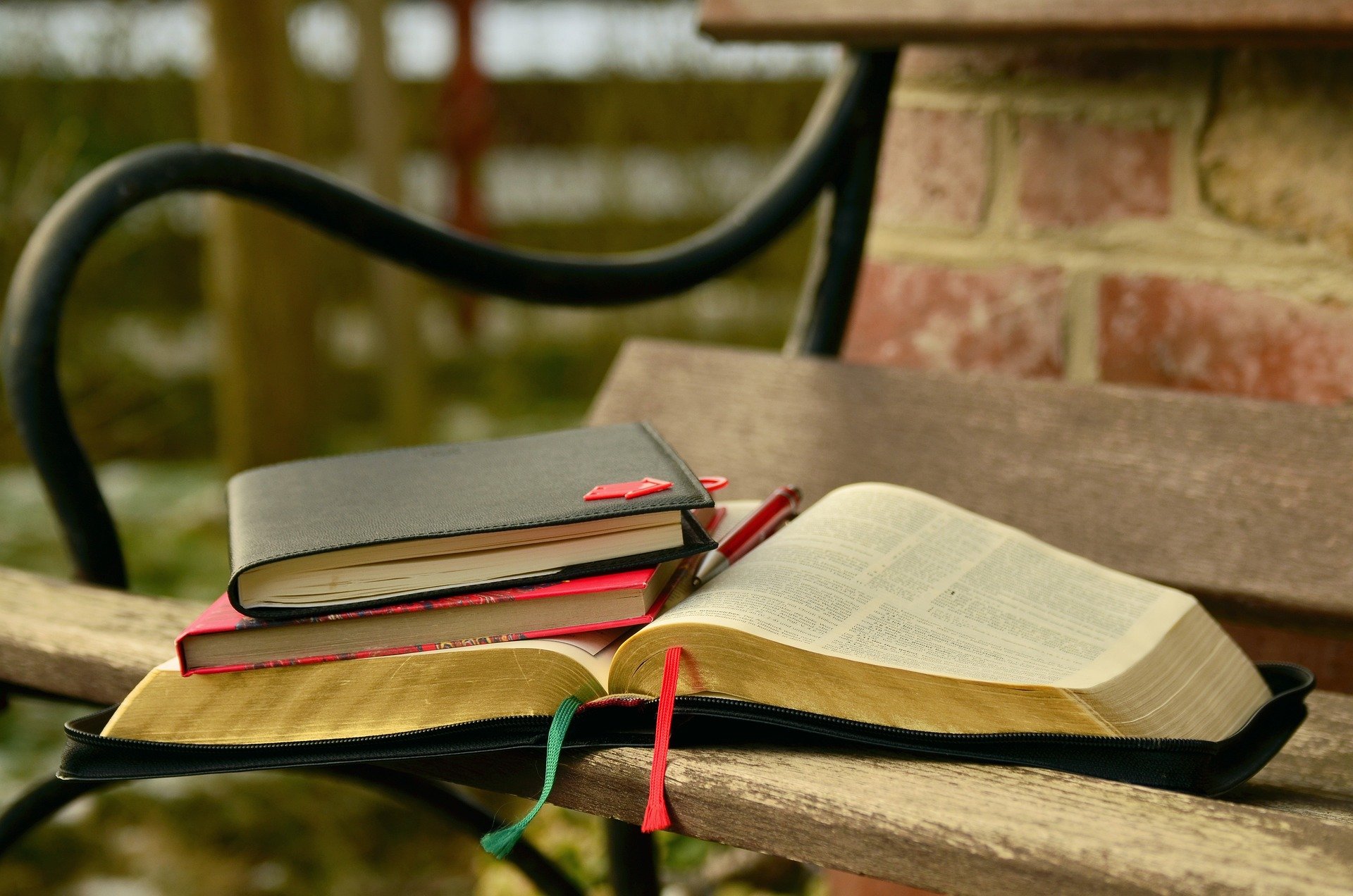Rahab? – Psalm 87
Psalm 87
A Psalm of the Sons of Korah. A Song.
1 On the holy mount stands the city he founded;
2 the Lord loves the gates of Zion
more than all the dwelling places of Jacob.
3 Glorious things of you are spoken,
O city of God. Selah
4 Among those who know me I mention Rahab and Babylon;
behold, Philistia and Tyre, with Cush—
“This one was born there,” they say.
5 And of Zion it shall be said,
“This one and that one were born in her”;
for the Most High himself will establish her.
6 The Lord records as he registers the peoples,
“This one was born there.” Selah
7 Singers and dancers alike say,
“All my springs are in you.”
NOTE:
Today’s commentary is by Dr. Kevin Watson, who is coming to Tulsa to become the Director of Academic Growth and Formation at the Tulsa Extension Site for Asbury Theological Seminary, as well as joining our staff at Asbury Church as Scholar-in-Residence. I wrote a post announcing and explaining this move.-Andrew
Psalm 87 provides a great example of an important principle of studying the Bible. The first step in studying Scripture is to use the Bible itself to bring clarity to an obscure passage.
Look at verse 4:
Among those who know me I mention Rahab and Babylon;
Behold, Philistia and Tyre, with Cush –
The reader would likely initially assume that Rahab refers to the woman in Joshua 2. But why would that woman be included in a list that otherwise refers to geographical places, not individual people?
You will find the answer in Isaiah 30:7. It reads:
Egypt’s help is worthless and empty;
therefore I have called her “Rahab who sits still.”
Rahab means Egypt in this context.
You cannot always solve interpretive challenges like this from reading Scripture. But it is often very helpful and is the best first step in Bible study.
Use the Bible to study the Bible!

